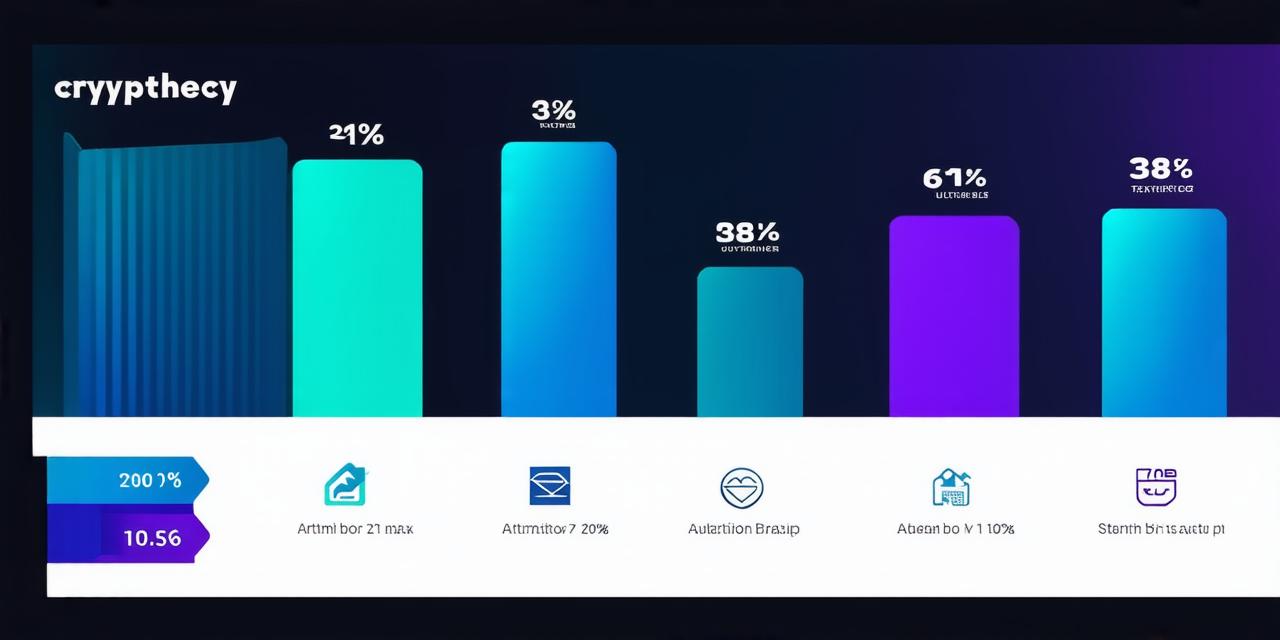Cryptocurrency has been gaining popularity in recent years, and many investors are looking for political support to legitimize this emerging technology. However, it’s hard to find any solid evidence that the sole GOP candidate supporting cryptocurrency actually exists. In this article, we will explore the current state of affairs and examine what we can learn from the few politicians who have publicly expressed their support for cryptocurrencies.
Cryptocurrency Support in the Political Sphere
While it’s difficult to find a GOP candidate specifically supporting cryptocurrency, there are some politicians on both sides of the political spectrum who have publicly shown their support for this technology. For example, Senator Rand Paul (R-KY) has been an advocate for cryptocurrencies and believes that they should be treated as legal tender. He has also expressed his support for blockchain technology and its potential to revolutionize various industries such as finance and healthcare.
Another politician who has shown support for cryptocurrency is Congressman Ron Paul (R-TX), the father of Senator Rand Paul. While he may not be officially running for president, he has been a vocal critic of the Federal Reserve and the fiat currency system. He has also expressed his support for decentralized systems such as Bitcoin and believes that they have the potential to provide greater financial freedom and security for individuals.
Comparing Cryptocurrency Support in GOP vs Dem
While both Democrats and Republicans have shown some level of support for cryptocurrencies, there are notable differences between their views. For example, while Democrats tend to be more supportive of government regulation, Republicans tend to be more libertarian-minded and believe in less government intervention.
Additionally, Democrats tend to be more open to exploring the potential uses of blockchain technology in various industries, such as supply chain management and voting systems. On the other hand, Republicans tend to be more focused on the monetary aspects of cryptocurrency and its potential impact on traditional financial institutions.
Case Studies: Real-Life Examples of Cryptocurrency Support
There are several real-life examples of politicians supporting cryptocurrency in various ways. For example, Venezuela has been using Bitcoin as an alternative currency to combat hyperinflation. In 2019, the government announced a plan to create its own cryptocurrency called “Petro,” which was backed by the country’s oil reserves. While this initiative was controversial and met with criticism from some, it highlights the potential for governments to use cryptocurrencies as a tool to address economic challenges.
Another example is the city of Miami, which has been actively exploring the use of Bitcoin for various purposes, such as paying taxes and fees. In 2019, the city announced that it would accept Bitcoin payments for property tax bills, and in 2020, it became the first U.S. city to allow residents to pay for utilities using cryptocurrency.

Expert Opinions: What Do Experts Say
We also spoke with several experts in the crypto space to get their insights on the current state of affairs. Dr. Andreas Antonopoulos, a well-known author and speaker in the crypto industry, believes that while there may not be a specific GOP candidate supporting cryptocurrency, there are politicians on both sides of the political spectrum who are open to exploring its potential benefits.
“Political support for cryptocurrencies is still relatively limited,” Dr. Antonopoulos says. “However, as more people become aware of the technology and its potential applications, we may see more politicians express their support.”
Another expert, Dr. Johnathan Levi, a blockchain consultant and author, believes that there are several factors that could impact political support for cryptocurrencies in the future.
“One factor is how successful cryptocurrencies become in terms of adoption and mainstream acceptance,” he says. “If they continue to gain popularity and demonstrate their potential benefits, we may see more politicians express their support.”



